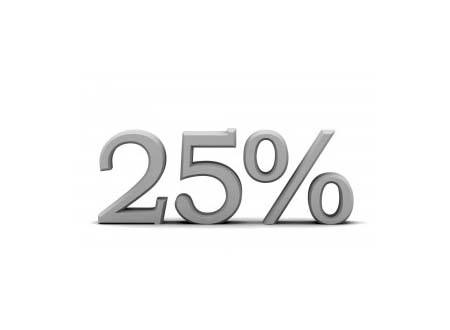If you have spent any time around lawyers, you will know that most of them love to talk about how many hours they have billed.
They love to do this because to them it is the same as saying, “Look at how much money I have made.”
Why? Because they are trading hours (life energy) for dollars. This is a very inefficient way to organize your time.
Consider this: would you rather work really hard and efficiently for 100 hours (2.5 workweeks) and get a check for $100,000 ($1,000/hr) or would you prefer to grind for 500 hours (12.5 workweeks) to make the same $100,000 ($200/hr)?
I select the first option, and am fairly certain you would too.
Application to the Bar Exam
A common question from bar examinees is, “How much time should I study for the bar exam?” Let’s address that question in light of the foregoing.
First, let’s be clear that your goal is to pass the bar exam, not study for the bar exam.
So, the question you should be asking is: “What is the most efficient way for me to pass the bar?”
The answer to this question may be difficult to answer if you have never taken the bar exam before. It is an unknown quantity.
Think back to your law school exams. The first set of exams was probably much more frightening than your last set of exams.
Of course, with the bar exam, you only want to take it once, so you don’t have — and don’t want! — the wisdom that comes from repetition of a process.
People pass the bar in many ways: grinding for 12 hours per day for 10 weeks, studying 40 hours per week, studying when they get home from work and then for a sustained burst during the last week or two before the bar exam, etc.
It should also be noted that people following these identical schedules do not pass the bar exam.
Efficient Bar Exam Passage
Okay. Let’s answer the question.
The most efficient way to pass the bar exam is to learn in the manner which makes the most sense to you, and to do this while you are highly-focused and not distracted.
Most of you will be taking a bar exam prep course that gives you a schedule to follow. Review that schedule carefully and consider whether it mirrors the way you learned and succeeded in law school.
If you look at the schedule and think: “This is a perfect fit.” Then follow it!
If you look at the schedule and think: “What the hell is this?!” Then, you should change it up to make it as efficient as possible for you.
How to Change the Schedule
First, I wouldn’t necessarily change which topics the schedule directs you to cover each day (since the schedule ensures that you hit each topic multiple times), but rather the way you cover each subject.
For example, let’s suppose the schedule tells you to read a subject outline, do 50 MBE questions based on that subject, and write 3 sample essays related to that topic.
That is a lot of work. It seems like overkill to me – you don’t have to learn the subject in one day!
So, consider the scheduled tasks based on how you learn.
If you learn well from outlines, maybe you should read the outline twice and then do 20 MBE questions and 1 sample essay. Or, perhaps, you despise outlines and learn by doing. In that case, doing the 50 MBE questions and reviewing the answer explanations thoroughly may be the best use of your time for that day.
If I saw that on my schedule, here is what I would have done: I would have reviewed the outline and typed my own less-detailed version of the outline at the same time. Then, I would have done 10 to 15 MBE questions and (maybe) one sample essay.
Why?
Well, I learn best by reorganizing information in my own words and then applying it to sample questions over an extended period of time. (Slow learner?) So, I would do a few practice questions on the day I first saw a particular subject and then do additional practice MBEs and essays during blocks of time in the coming weeks. Furthermore, I would add information to my outline as I learned new pieces of the law during my practice sessions.
The Takeaway
Efficiency is not slacking.
You can’t pass the bar exam if you only study 4 hours per week. (Note: If you can, please redirect your genius to solving the global energy crisis or climate change. Thank you.)
Efficiency is using your resources in the most effective way possible without wasting time.
The goal is to pass the bar exam by learning enough material to do so; the goal is not to grind yourself into a pulp as you prepare for the bar exam.
***
P.S. -- Want a FREE copy of my Bar Exam Mind audiobook?
You can get a free copy of my audiobook when you sign up for a free trial at Audible. Get the details by clicking here.






